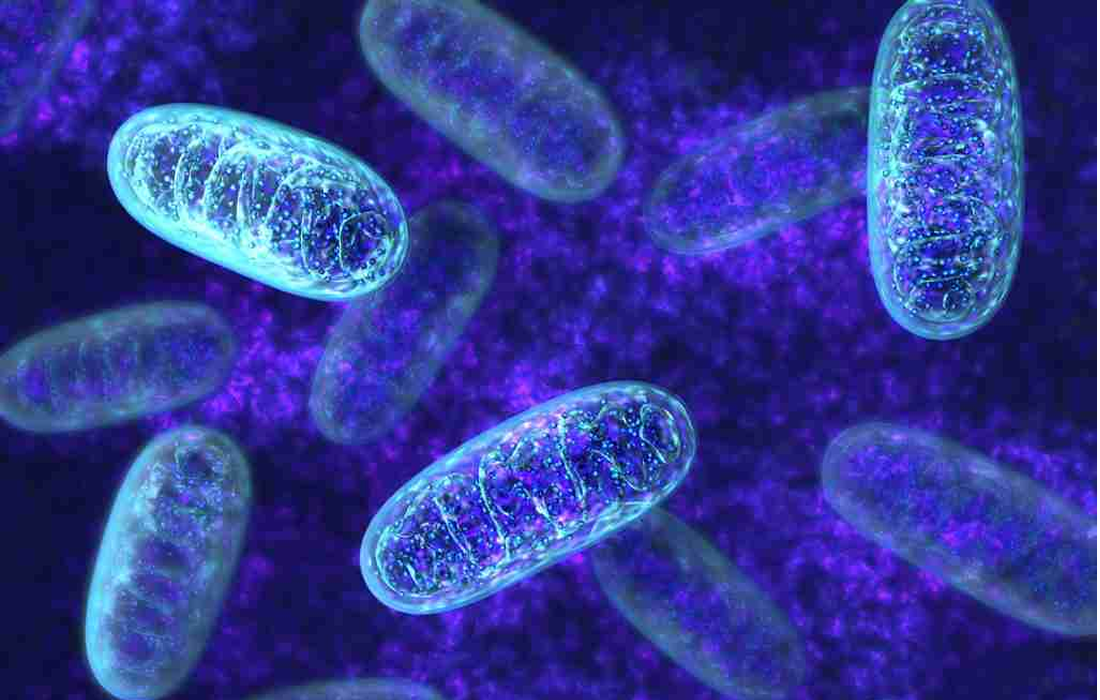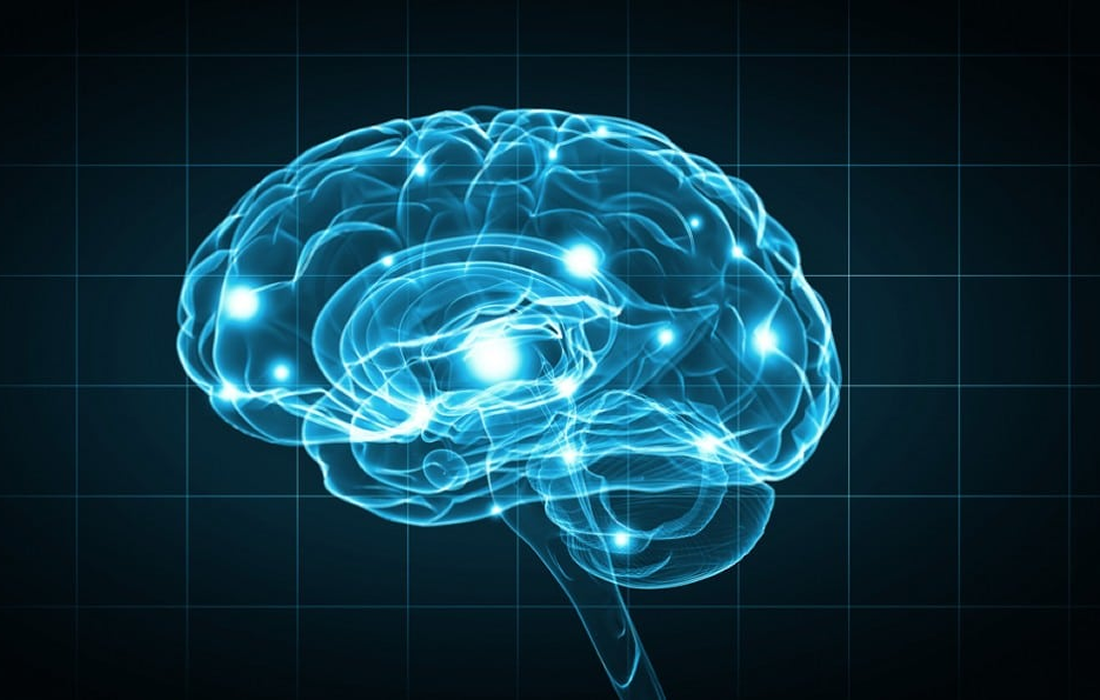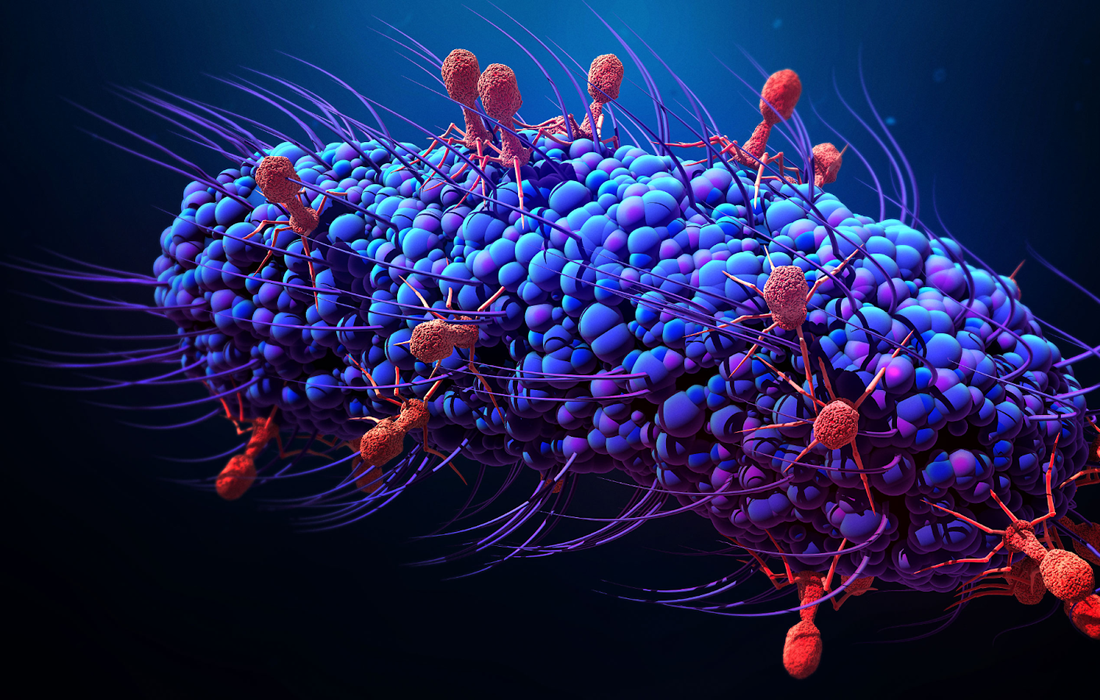What is Vitamin C? Vitamin C (ascorbic acid, ascorbate) is an essential micronutrient that must be delivered either with the diet or as a supplement, given that humans lost the ability to synthesize it due to mutations in the gene encoding a part of vitamin C. This vitamin plays an important role in multiple processes […]
Author Archives: Francisco Fernandez, MD
What is Vitiligo? Vitiligo is a disease that causes loss of skin color in patches. The discolored areas usually get bigger with time. The condition can affect the skin on any part of the body, and it can also affect hair and the inside of the mouth. What Causes Vitiligo? Vitiligo occurs when cells that […]
According to a new study published in the journal Circulation, the American Heart Association (AHA) journal, more than 1 in 2 young women between the ages of 20 to 44 who gave birth in the United States in 2019 had poor heart health before becoming pregnant, causing more than 1 in 4 pregnancy-related deaths. More […]
Initially, researchers considered COVID-19 as a respiratory condition, but as the pandemic continues and more studies are performed they have been slowly building a clearer picture of the true impacts of the disease. Post-acute sequelae of SARS-CoV-2 infection has been defined as signs and symptoms that persist beyond 30 days after infection. New data suggest […]
Inflammatory bowel disease (IBD), includes two conditions, Cronh’s disease and ulcerative colitis. Both conditions are associated with acute and chronic inflammation of the intestine. Some risk factors to develop IBD include genetic predisposition and factors that alter gut microbiota, such as antibiotics. The effect of nutrition in IBD remains poorly understood, but diets that cause […]
The increase in oxidative stress causes damage to the central nervous system and is linked to neurodegenerative disorders such as Alzheimer’s disease (AD). The pathophysiology of AD has been widely investigated. However, the relationship between mitochondrial dysfunction and the disease remains largely unknown. In a recently published study, researchers from Japan’s Shibaura Institute of Technology […]
Shift work, and in particular night shift work, is associated with increased health risks, such as cardiovascular and metabolic disorders, increased infection susceptibility, autoimmune diseases, and cancer. It is hypothesized that these health risks are a consequence of disturbed circadian rhythms resulting from imposed night shift work. The circadian pacemaker controls among other things, the […]
The Blood Brain Barrier Blood vessels are critical to deliver oxygen and nutrients to all of the tissues and organs throughout the body. The blood vessels that vascularize the central nervous system (CNS) possess unique properties. These blood vessels are known as the blood brain barrier (BBB). Their different properties allow them to tightly regulate […]
Probiotic microbes have become effective chasses for engineering diagnostic and therapeutic technologies. One of the most commonly engineered probiotic strains is Escherichia coli Nissle 1917 (EcN). Engineered strains of EcN have been successfully used to diagnose and treat bacterial infections, cancers, gastrointestinal bleeding, inflammatory disorders, and obesity, in a variety of animal models. Microbial biocontainment […]
Alzheimer’s disease (AD) is a neuroinflammatory disease characterized partly by the inability to clear, and subsequent build-up, of amyloid-beta (Aβ). According to research AD has a bi-directional relationship with circadian disruption with sleep disturbances starting years before the disease onset. In a recently published study, researchers found that the phagocytosis of Aβ42 undergoes a daily […]










